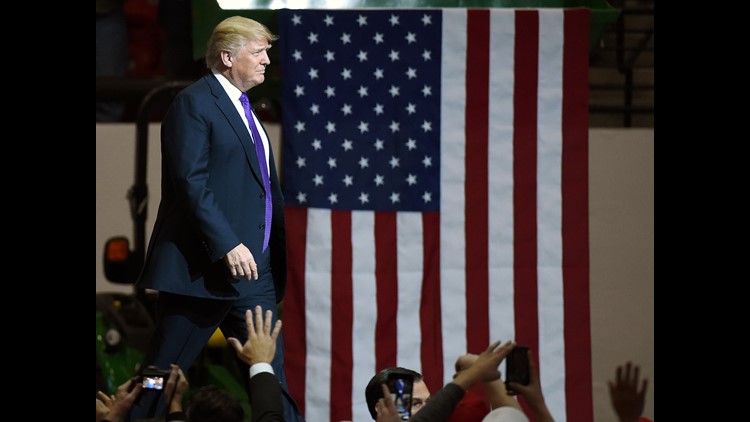President-elect Donald Trump announced Tuesday that he would consider punishing anyone who burns the American flag. Not only did Trump mention instituting possible jail time, but he also went so far as to imply stripping individuals of their citizenship.
Trump tweeted his position, which caused a flurry of responses, mostly directed at the implications it would have on the First Amendment. While this is not the first time leadership has tried to protect the flag, many are curious to know whether Trump is serious or not on his stance that could potentially violate the U.S. Constitution.
Nearly 30 years ago, there was a Republican-led effort to criminalize burning the American flag. The Act was an effort to overturn the U.S. Supreme Court’s Texas v. Johnson ruling. Former President George H.W. Bush supported the Act before it was ruled unconstitutional. The Act was not new legislation, but was an amendment of the existing U.S. Code. The Supreme Court decision upheld flag burning as protected symbolic political expression. According to Congress.gov, “this bill was not signed by the President; it was sent to the Archivist of the United States unsigned.”
The Flag Protection Act of 2005, a second attempt, would have amended the federal code to revise provisions regarding desecration of the flag. The Act of 2005 had three criminal pillars: destroying or damaging a U.S. flag with the primary purpose and intent to incite or produce imminent violence or a breach of the peace; intentionally threatening or intimidating any person, or group of persons, by burning a U.S. flag; or stealing or knowingly converting the use of a U.S. flag belonging to the United State or belonging to another person on U.S. lands, and intentionally destroying or damaging that flag.
That failed attempt to criminalize flag burning was co-sponsored by then U.S. Sen. Hillary Clinton, the 2016 Democratic presidential nominee.
Should it be illegal to burn the American flag?



